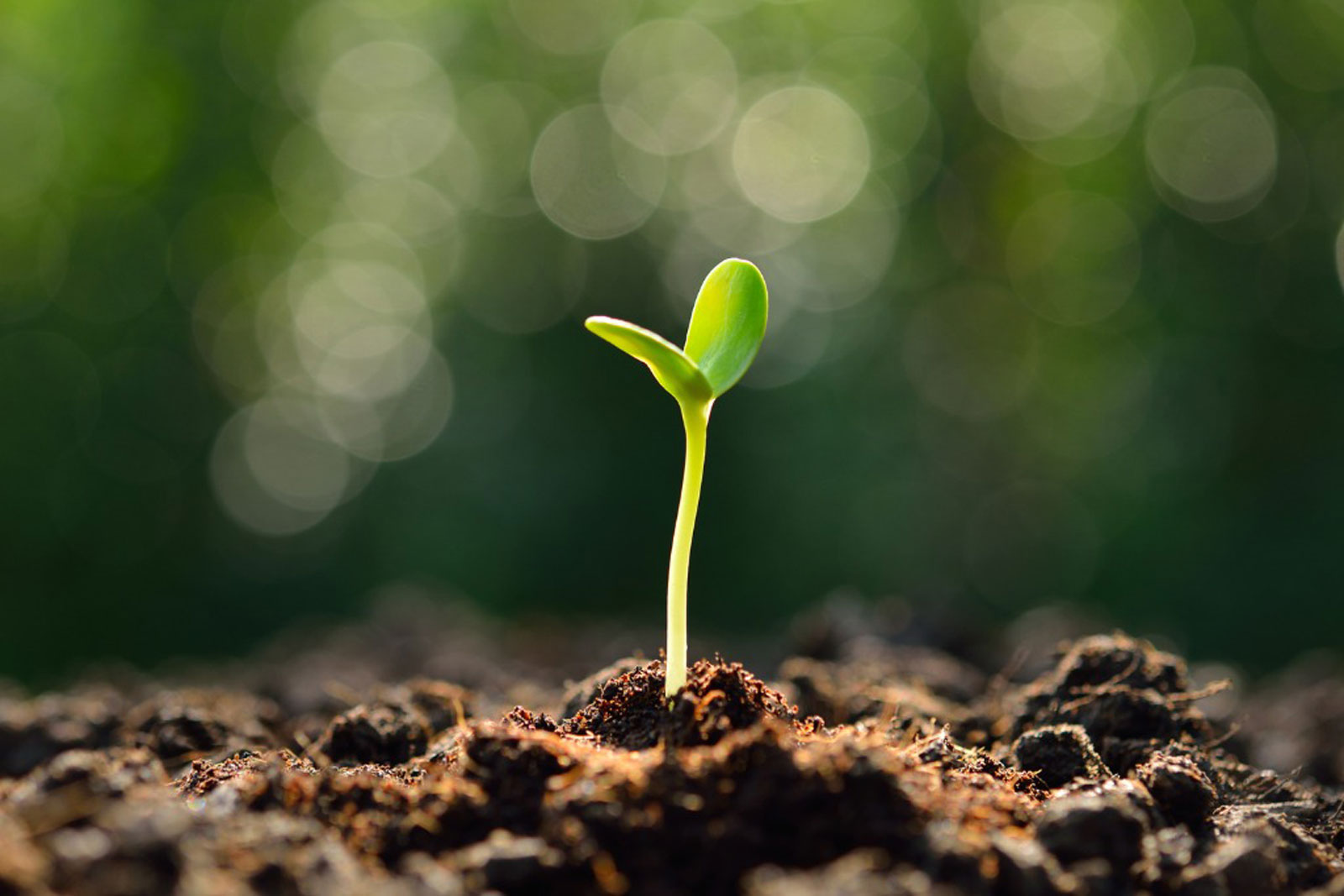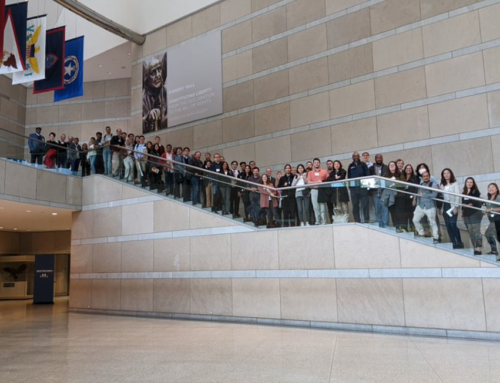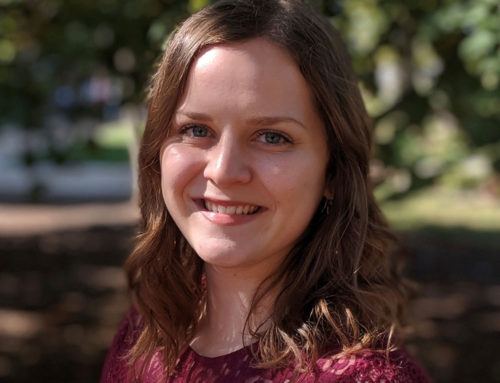CEMB researchers have developed the first artificial scaffold to study plant cell growth. The scaffolds, made of polyvinylidene fluoride-trifluoroethylene copolymers, mimic the properties and structure of the plant’s cell wall and make it possible for scientists to grow and observe cells for a long period of time in a physiologically relevant setting. It holds promise for future studies looking at how plant cells distinguish between different forces or the developmental cues needed for a plant cell to grow into a plant.
This work, published in Science Advances, is a culmination of a long-standing collaboration between three labs across the CEMB from different institutions and primary fields: Dixit lab at WUSTL, Arinzeh lab at NJIT, and Dean lab at ASU.





